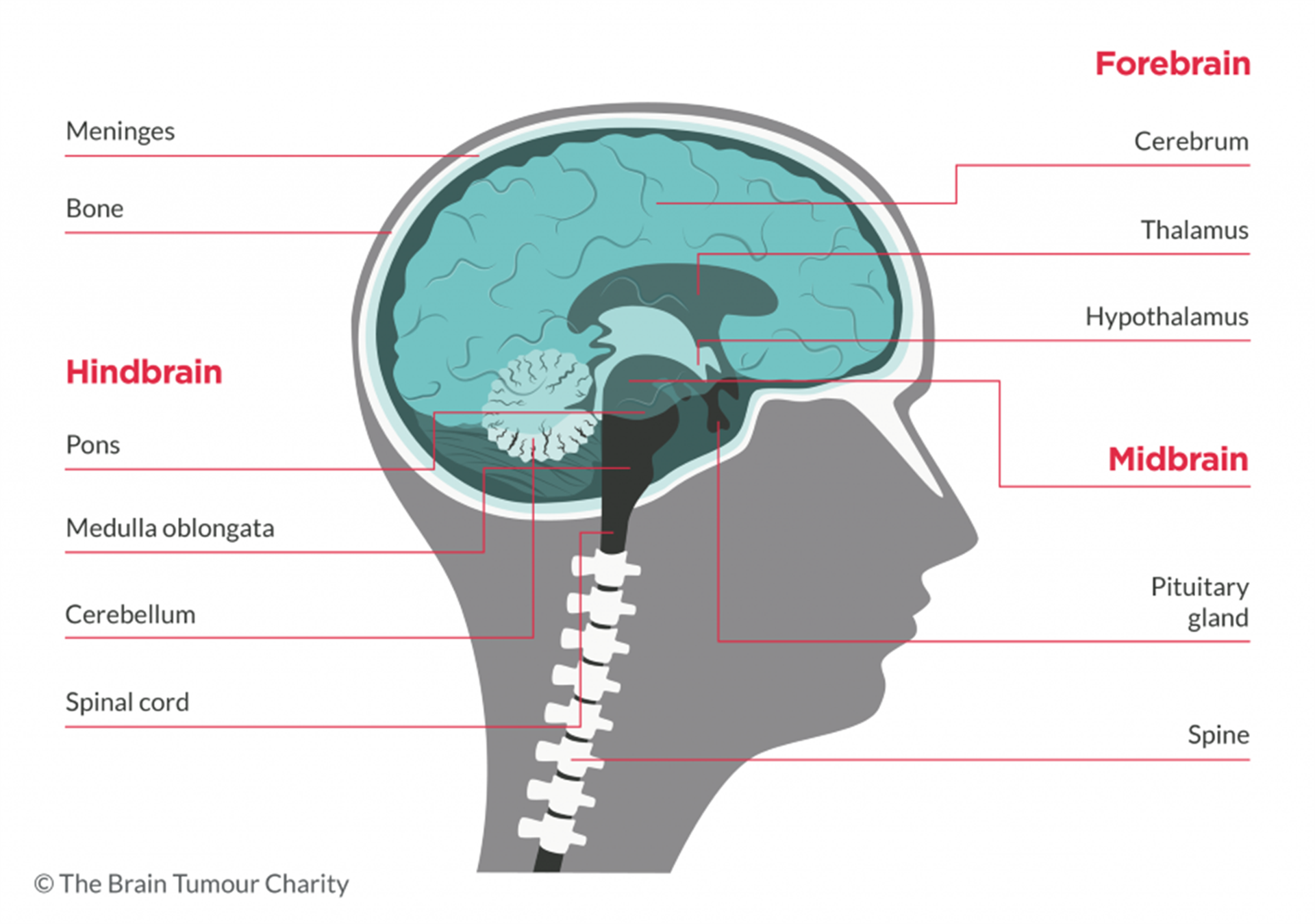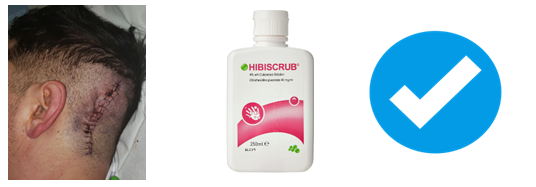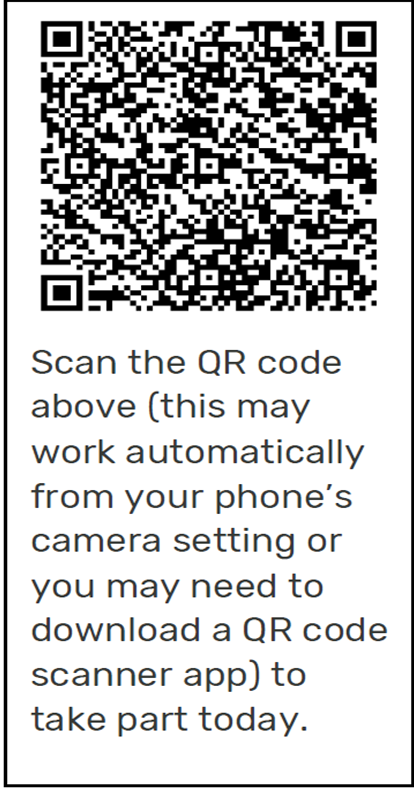Discharge Guide for Patients with a Posterior Fossa Brain Tumour
Introduction
This leaflet provides information and answers to questions often posed by patients following brain tumour surgery in the posterior fossa region, sometimes also referred to as ‘post fossa’.
Going home can feel a bit overwhelming. You will have a lot of information to process and we are aware that you or your family may have additional questions, or may want more detailed answers. If this is the case you can contact:
Brain Tumour Clinical Nurse Specialist (CNS) Team on : 0151 556 3778
Skull Base Clinical Nurse Specialist (CNS) Team 0151 556 3449
Where is the posterior fossa?
This is an area towards the back of your head in which the cerebellum and brain stem are also located. The cerebellum is responsible for balance and coordination and the brain stem controls our autonomous functions such as breathing and swallowing. Symptoms can be wide and diverse but may include dizziness, imbalance, visual/language issues and headaches.

Types of posterior fossa tumours
There are different types of tumour that can be found in this location.
During surgery we take samples of tissue to send for laboratory testing to confirm which type this is, this process can typically take 4-6 weeks. We will inform you of these results in clinic with your Consultant Neurosurgeon and Nurse Specialist.
Cerebellar Metastasis: These are secondary malignant tumours that have spread from primary cancer sites elsewhere in the body.
Haemangioblastoma’s: The most common primary brain tumour in this location. They grow slowly from blood vessels and although low grade can be difficult to treat due to their location. Most causes of brain tumours are unknown however approximately 25% of Haemangioblastoma’s are linked to a genetic condition called Von Hippel–Lindau Disease which can be discussed further with your treating team, as they may wish to complete genetic screening.
Meningioma’s: Often benign and slow growing they arise from the ‘meninges’ the layers of tissue that cover the brain.
Astrocytoma’s, Medulloblastoma's and Ependymoma’s are rare in adults and typically more common in children and young adults.
Epidermoid cysts: An abnormality comprised of skin cells within the brain cavity, typically benign but can cause symptoms if compressing important structures within the brain.
Caring for your wound
Depending on how you recover, you may have already had your wound washed post op on the ward. Typically, wounds can be washed 48-72 hours after surgery. Steri-strips (the paper like dressing covering your sutures) should always be gently removed once wet and the wound must be washed using circular motions with Hibiscrub or Octenisan. This is an antimicrobial soap to aid in the reduction of infection whilst your wound is healing, if you run out of this whilst at home it can be purchased in most pharmacies or a gentle, non-perfumed baby shampoo will also be sufficient . Ensure the wound is patted dry once washed, wound dressings are not required unless advised and it is best to leave coverings, hats and scarves off the wound until fully healed.
If you have had any leakages or additional sutures post surgery, a plan for wound washing will be established for you on the ward by your treating team.
Due to the location of the wound it is helpful to have someone look at the wound daily for you to check it is healing and there are no issues. Wound related issues are discussed further down the page

Common symptoms Post Surgery
Some patients recover very quickly following surgery, and others take longer.
No two people will feel the same. Some of the most common symptoms are listed below:
- Tenderness & numbness around the wound area
- Headaches that should resolve with regular simple pain relief like paracetamol
- Swelling/Bruising that should resolve in the weeks ahead. This can also be seen around the eyes and face which can appear alarming but is not cause for concern
- Tiredness & Fatigue - This is probably the most common symptom following surgery and regaining good energy levels can take up to 8-12 weeks. Some tips to help with this are:
Allow yourself time to recover and don’t expect too much too soon.
Try and build up stamina and exercise tolerance slowly, a gentle walk is a good place to start. Exercise is good for you and will help with overall recovery.
Allow time to rest, if you feel tired listen to your body and avoid over exertion.
Eat a balanced diet - Noises or whooshing sensations - During recovery you may notice some unusual sensations in your head as things are settling down. These are often described as “crackles, pops, whooshes or drips”.
Due to the location of your surgery balance disturbance is often a common symptom, exercises can be given to help manage this as well as medication.
Red Flag Symptoms
These are the things we want you to watch out for when you get home, as they may need urgent medical attention.
- Your wound becoming red or sore or leaking any kind of fluid or pus. If it is leaking clear fluid or pus you will need to attend the Walton Centre or your local A&E so that we can assess it more thoroughly.
- A soft fluid like swelling behind or close to the scar may develop. This is a collection of brain fluid accumulating under the skin and is called a pseudo meningocele. This usually settles down on its own but please contact us for advice. We may ask you to send us a photograph for us to assess it.
- Nausea or Vomiting
- Worsening or severe headache
- Increase in number or change in seizures
- Increased drowsiness, or confusion
If you experience any of these symptoms you should contact us straight away via the emergency bleep on : 0151 525 3611 and ask for bleep 5391 Monday - Friday 8am-4pm (excluding bank holidays)
If you are a skull base patient contact their CNS Team on 0151 556 3449 or 0151 529 3611 and bleep 5342 Monday – Friday 8am-4pm (excluding bank holidays)
Outside of office hours you should attend your nearest Accident and Emergency Department
Things to avoid
Driving—see further information below
Any activities that cause you to hold your breath or push, like lifting or moving heavy objects, or straining during bowel movements.
FREQUENTLY ASKED QUESTIONS
When will the stitches/sutures/clips be taken out?
This usually happens 7-10 days after surgery.
If you are fit and well you will most likely be asked to attend your local treatment rooms or GP practice depending on your local area. Sometimes we will ask for the District Nurses to attend to you at home , but this is normally only if you have mobility or other health issues.
The ward will clarify the arrangements and dates with you before you are discharged.
Do I need to continue taking my steroids after I go home?
YES, it is important that you keep taking the prescribed dose of Dexamethasone, and you will be given specific instructions to either:
- Reduce the dose over a set time until you are no longer taking any steroids
- Reduce to a specified dose until your clinic appointment.
Ensure you continue to take your stomach protection tablets whilst taking steroids. If you are running low on either of these a repeat prescription can be obtained from your GP. You can take a copy of your TTO Prescription slip that is given to you with your medications on discharge to the practice so that they are aware of the medicines you are taking.
Do I need to keep taking my anti-seizure medication after my operation?
YES, It is very important that you continue to take this even if you haven’t experienced any further seizures. Some patients require long term anti-seizure medication, others for just a few months following surgery.
This should only be stopped on advice from the medical team and should be continued unless advised differently from your consultant.
While I was in hospital my blood sugars were checked every day, do I need this checking at home?
YES, if you are still taking Dexamethasone at home the ward will arrange for your local district nurses or practice nurse to monitor your blood sugars at home. They don’t necessarily have to be checked every day , and frequency will depends on what they were like during your admission. Your GP Practice or District Nurse team may even give you the equipment to do this yourself at home.
When can I wash my hair following surgery?
You need to wait a minimum of 48hours, but once this has passed you can wash your hair and we would recommend you continue to use Hibiscrub which was given at Pre op until stitches/sutures are removed. Be careful not to rub around the wound area, if water runs on the wound this is fine, and can be just patted dry with a clean towel. If there has been leakage from the wound or a previous surgery you may be advised to wait a little longer. In some cases if dissolvable sutures/stitches are used you may be advised not to wash your hair for 5-7 days.
When can I dye my hair again?
You should wait at least 6 weeks to allow the wound to fully heal, however if you are going to be having oncological treatment you should double check and discuss with your oncologist.
How long before I can fly?
General guidance from the Walton Centre is that we advise to wait around 6 weeks , this is due to altitude and change in cabin pressure within the aircraft as this may cause noticeable headaches and most patients would prefer to avoid this. If you are having Oncological treatment following surgery it is again best to discuss with your team as they may not want your treatment to be delayed whilst you go away.
Clinical Trials
You can ask a member of your clinical team about current research and clinical trials.
Alternative approaches to management
Patients often ask about alternative or additional treatments to help in their recovery. As healthcare professionals we are unable to promote any treatment that is not fully supported by medical evidence but we understand that you may want to look at all of these options. We are commonly asked about:
The Ketogenic Diet - this is a diet that encourages low carbs and increased fats and is being trialled by some specialist centres, currently the Walton Centre does not have an open trial relating to this. More information can be found at “Matthews Friends” (matthewsfriends.org) a charity that specialises in ketogenic dietary therapies.
Cannabis Oil -The use of cannabis oil is highly publicised and many patients want to know more about this option. At this time however we do not have any supporting evidence for this treatment and cannabis based products have not been licensed for medical use for people with a brain tumour.
Appointments :
For follow up with your consultant please ring the secretary
Mr Brodbelt/Chavredakis/Olubajo 0151 556 3345
Mr Lawson/Jenkinson/Zakaria 0151 556 3346
Mr Farah 0151 556 3351
Miss Gilkes 0151 556 3347
Mr Yousaf 0151 556 3350
For Scan appointments call Radiology on 0151 556 3681
Who can I turn to for help and Support
Clinical Nurse Specialist Teams at Walton
Neuro-Oncology 0151 556 3778 or bleep via switch 0151 529 3611 bleep 5391
E-mail: Wcft.neurooncologynurses@nhs.net
Skull Base 0151 556 3449 or bleep via switch 0151 529 3611 bleep 5342
E-mail: Wcft.skullbasenurses@nhs.net
Clinical Nurse Specialist Team at Clatterbridge Cancer Centre
0151 556 5850 and ask for Jill Sokratous or Jan Holding
Clinical Nurse Specialist Team at North Wales Treatment Centre
01745 445 259 and ask for Pauline Burford.
Patient Experience Team
The Walton Centre Foundation Trust, Lower Lane, Liverpool, L9 7LJ
0151 556 3090
The teenage and young adult (TYA) cancer service
The Clatterbridge Cancer Centre.
The team at Clatterbridge support patients aged 16-24 who have a cancer diagnosis. Support includes coping mechanisms, financial issues, educational/employment needs and social opportunities.
Telephone 0151 556 5122 (main office) or 0151 252 5199 (Alder Hey)
Your GP & Practice Nurses, community district nurses - these can all be contacted via your GP Practice.
Local Brain Tumour Support Groups
Liverpool Brain Tumour Support Group - This support group is run by people whose lives have been affected by a brain tumour diagnosis and is available to both patients and those close to them. The group meets on the last Monday of the month 1-3pm at The Brain Charity, Norton Street Liverpool. Contact Steve Sharman on 01606 45357
Northwich Support Group - Everyone is welcome at the Northwich support group which is held at Northwich Carers, this takes place on the first Monday of the month from 1-3pm at Northwich Carers Centre, London Road Cheshire CW9 5HH. Contact Steve Sharman on 01606 45357.
The following Brain Charities are useful for support and advice following your surgery.
The Brain Tumour Charity 0808 800 0004 www.thebraintumourcharity.org
The Brains Trust 01983 292 405 brainstrust.org.uk
The Brain Charity 0151 298 2999 thebraincharity.org.uk
Macmillan 0808 808 0000 macmillan.org.uk
All of these charities can provide a wealth of support information, knowledge and advice across a range of things including emotions, finances, benefits, counselling, employment support as well as resources to help you following your diagnosis that can help you talk to family members and children with. Macmillan also have support centres in some of the larger hospitals locally where you can attend and obtain advice and support.
Coping Better Together Course
This is a course for patients and families affected by brain tumours and is run by a CNS from the Walton Centre. It provides useful information and an opportunity to speak to other people with similar experiences. You will be contacted by post with an information pack about this when the course is next available. This is now also run as a virtual event for those who are unable to attend in person or who live too far away from the Centre.
How was your experience with us?
Please complete the survey either by scanning the QR Code or by using the following link on the internet:
www.thebraintumourcharity.org/care-surveys
It is all anonymous and the data collected from The Brain Tumour Charity is shared with us, to help us improve our care for future patients and their families.
If you would prefer a paper copy of this survey please ask.

This booklet has been complied by Alison Rodway, Clinical Nurse Specialist, and Kelly Woods Clinical Navigator.
Version 4 October 22, ‘A discharge guide for patients with a posterior fossa brain tumour’– edited by Emily Gibson, Clinical Nurse Specialist
- Last Updated:01 May 2022
- Review Date:01 May 2024
- Author:Emily Gibson
- Summary:
This leaflet provides information and answers to questions often posed by patients following brain tumour surgery in the posterior fossa region, sometimes also referred to as ‘post fossa’.